Information
-
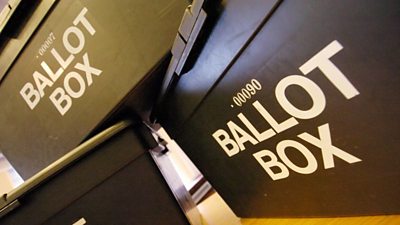
Scottish Parliamentary by-election - Hamilton, Larkhall and Stonehouse
There is a by-election for the Scottish Parliament being held in the constituency of Hamilton, Larkhall and Stonehouse on June 5th 2025. The Election Period has begun and relevant guidelines for Scottish parliamentary elections can be found here. Advice is available from Ric Bailey or Arif Ansari. -

Updated: Removal of BBC Online Content Guidance
Removal of BBC Online Content -

Reporting IS
When talking about IS, Editorial Policy advice is that the term Islamic State should be qualified eg “Islamic State group” or “so called Islamic State”, or “self-style Islamic State”, or “Islamic State fighter, militants, extremists” etc. and then as IS in the rest of the bulletin/body of text. Islamist should be used as the adjective to describe extremism linked to groups like this and not Islamic or Islam. We do not use the name Da'esh for IS but we explain it when others use it. Guidelines on use of language can be found in sections 11.3.5 and 11.3.6 of the guidelines. -

New Guidance: The use of Artificial Intelligence
New guidance and advice on the use of Artificial Intelligence -

Updated: Social Media Guidance
Personal Use of Social Media -
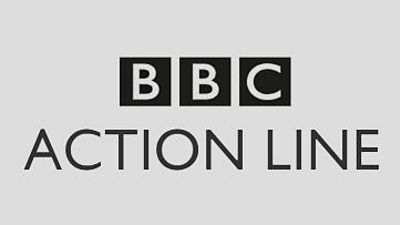
How to set up an Action Line
If you are tackling a difficult subject where you feel audiences could benefit from additional support, you may want to think about setting up an action line. These can be bespoke (for linear transmission only) or from the list of permanent lines on offer from the BBC. -

Amendments to online content
A reminder that if you make an amendment to online content you should normally make it clear to audiences that a change has taken place, unless exceptionally there are legal or editorial reasons not to do so . It is important for trust and transparency. Click here for further details. -
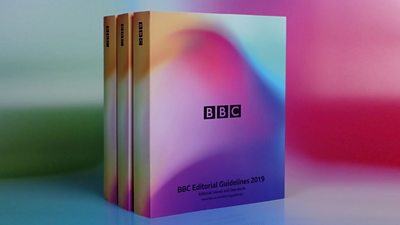
Reporting Opinion Polls
Key points for all output producers reporting opinion polls commissioned by the BBC. -
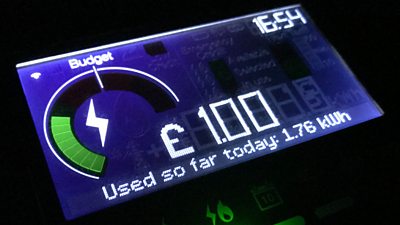
Cost of Living - Statistics
With much attention on the economy and the cost of living, the way the BBC reports statistics is under particular scrutiny at the moment. Click here for information on reporting statistics. -
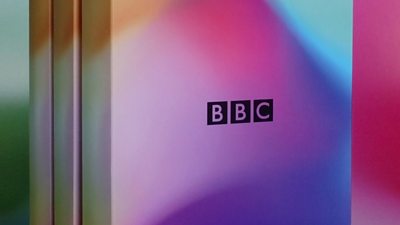
Audience donations to a contributor
Our audiences are often moved by hearing about the issues that people in our output are facing. They often want to provide help and assistance. This is particularly acute at the moment as we focus on hardship associated with the rise in the cost of living. Sometimes this can lead to enquiries about making donations and offers of specific assistance to those whose situations we have highlighted. Information is available here on how to best deal with such enquiries. -
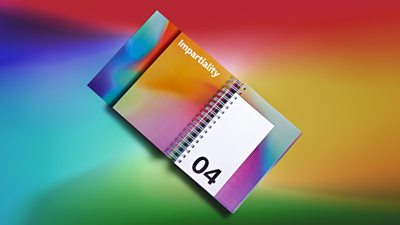
Contributors to our output
Impartiality applies across all of our output, including being transparent about contributors. Find out more here. -

World Events and Use of Social Media
Many of us use social media to discuss world events and share personal news, and it’s important that we all remember that there are rules and expectations for the way we do that. There’s detailed guidance on social media use which can also help everyone who works for the BBC to meet its commitment to impartiality. That guidance applies regardless of whether or not professional or personal social media accounts are used. -

Ukraine
There is advice in the BBC’s Editorial Guidelines on reporting War, Terror & Emergencies which includes considerations about accuracy and impartiality, as well as harm and offence issues when using graphic material. In addition, a number of programmes have asked for advice on covering fundraising activity. BBC Editorial Policy has put together specific advice on this. -

Updated Guidance - Working with Children and Young People as Contributors
The Guidance on Working with Children and Young People as Contributors has been updated. Changes include that there may be some instances when it is appropriate to give the full name of a child or young person because it is important that we recognise that children and young people have the right of self-expression and to have their achievements and life history recorded. The Guidance also sets out the different areas that Editorial Policy and BBC Safeguarding teams advise on. -
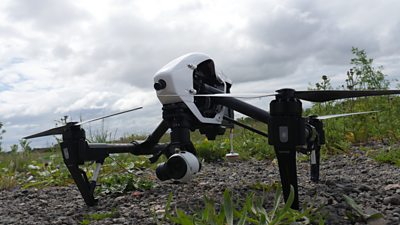
Updated Guidance - Use of Drones
Care needs to be taken over privacy when filming with drones as their versatility means they can be go beyond walls or fences, easily accessing private spaces. The Use of Drones guidance has been updated to reflect regulatory changes introduced in December 2020 by the Civil Aviation Authority, the UK agency responsible for drone safety. Advice on filming with drones is available from Programme Legal Advice, Editorial Policy and Safety.










